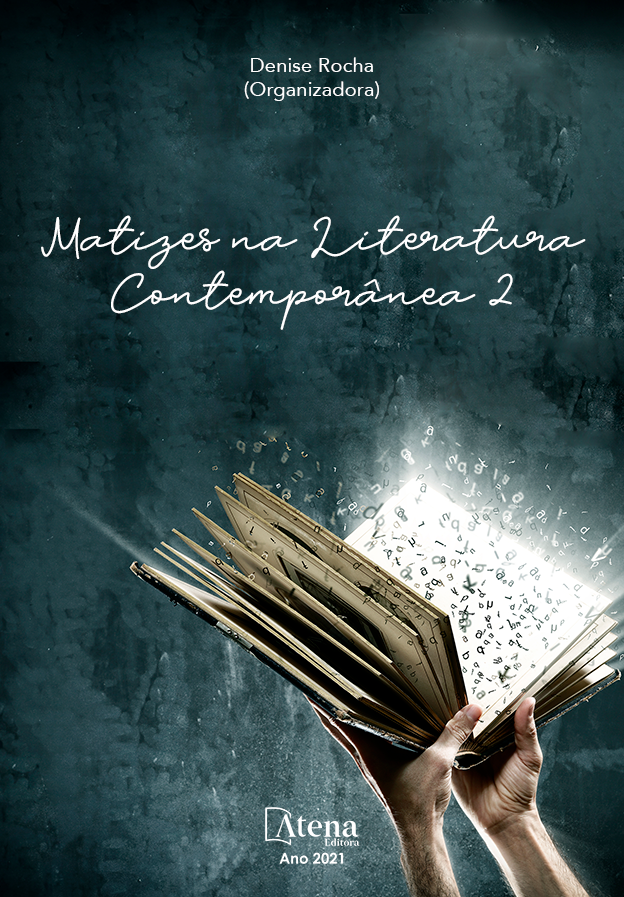
NARRATIVA DIASPÓRICA E POSICIONAMENTO POLÍTICO NA RELAÇÃO ENTRE OCIDENTE E ORIENTE
O presente capítulo analisa uma obra ficcional do período Pós Onze de Setembro publicada nos Estados Unidos por um autor proveniente do Afeganistão, país predominantemente islâmico, marcado pelo impacto da chamada “guerra contra o terror. O propósito é refletir sobre as construções imagéticas de personagens no romance The Kite Runner (2003) de Khaled Hosseini, observando como as soluções narrativas inscrevem posicionamentos políticos e, assim, ratificam binarismos de gênero, etnia e classe social. A obra atende a uma agenda política que projeta a supremacia americana e retrata o Oriente Médio como tribal, arcaico e em oposição ao Ocidente através de um informante nativo.
NARRATIVA DIASPÓRICA E POSICIONAMENTO POLÍTICO NA RELAÇÃO ENTRE OCIDENTE E ORIENTE
-
DOI: 10.22533/at.ed.0312127015
-
Palavras-chave: Oriente Médio; Literatura Americana; Pós-colonial
-
Keywords: Middle East; American Literature; Post-colonial
-
Abstract:
This chapter analyzes a fictional work from the Post-September 11th period published in the United States by an author from Afghanistan, a predominantly Islamic country, marked by the impact of the so-called “war on terror”. The purpose is to pay attention to the imagery constructions of characters in the novel The Kite Runner (2003) published by Khaled Hosseini, observing how the solutions proposed in the narrative inscribe political positions and, thus, ratify binarisms of gender, ethnicity, and social class. The work serves a political agenda that projects American supremacy and portrays the Middle East as tribal and archaic, as opposed to the West through a native informant.
-
Número de páginas: 10
- Loiva Salete Vogt


